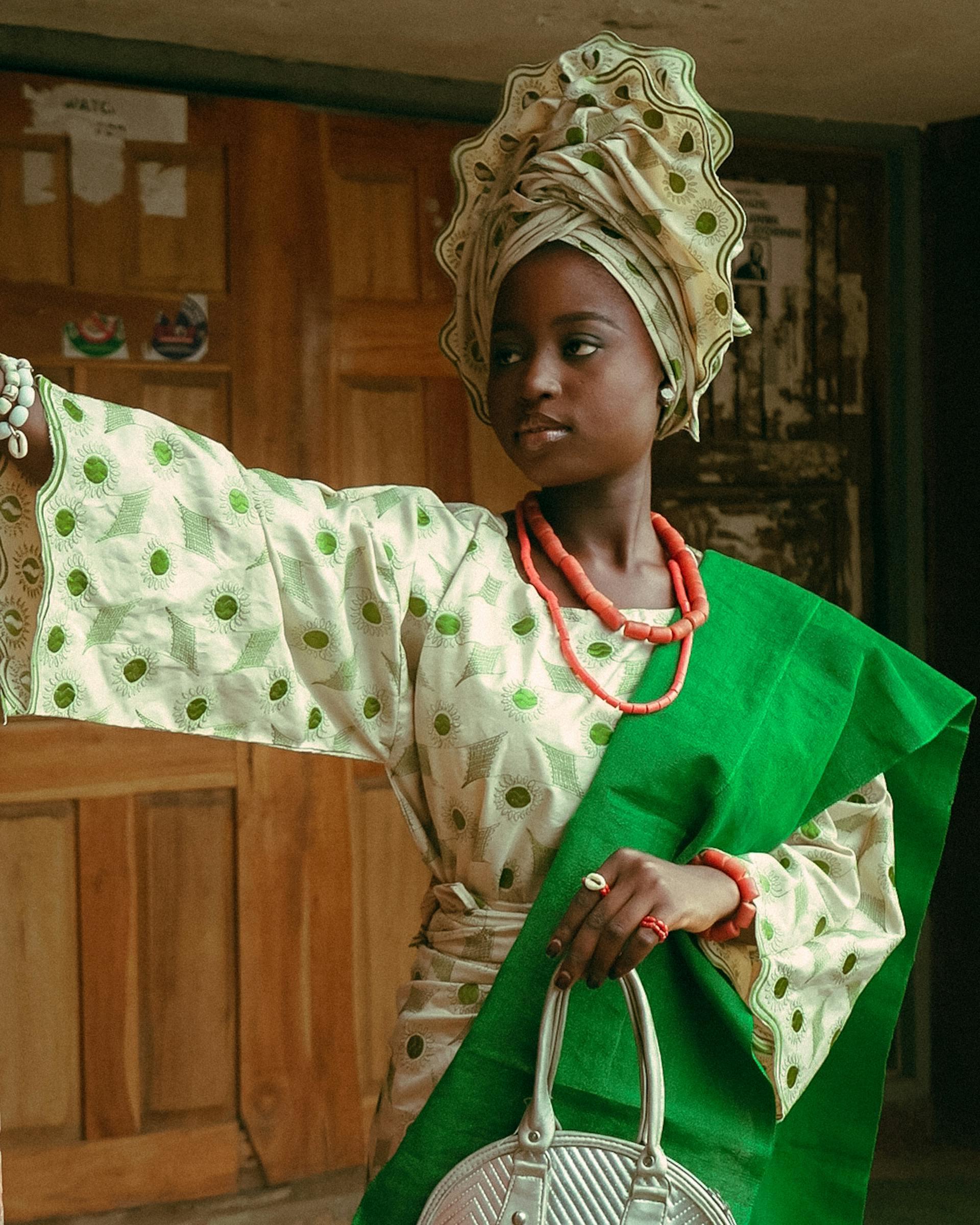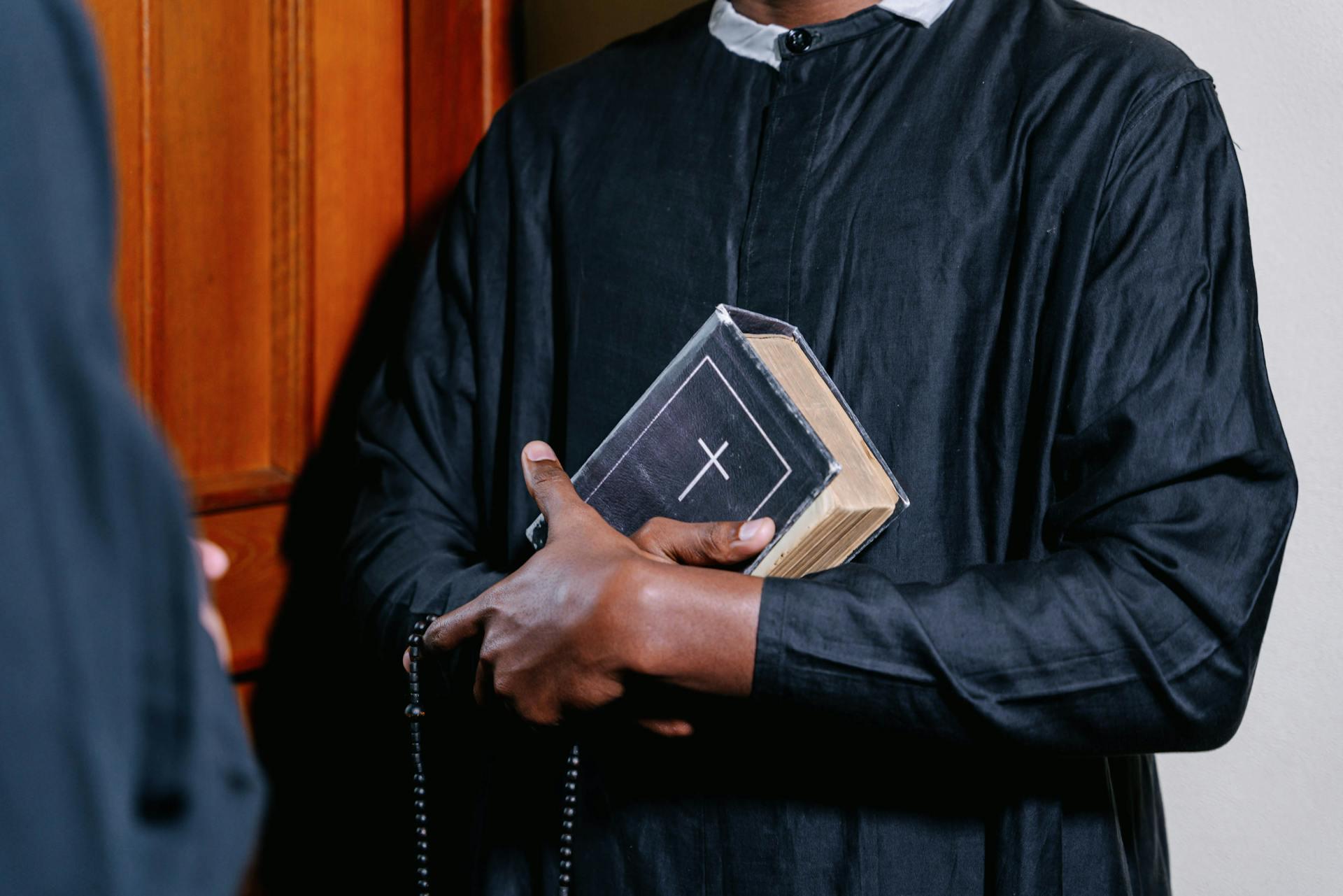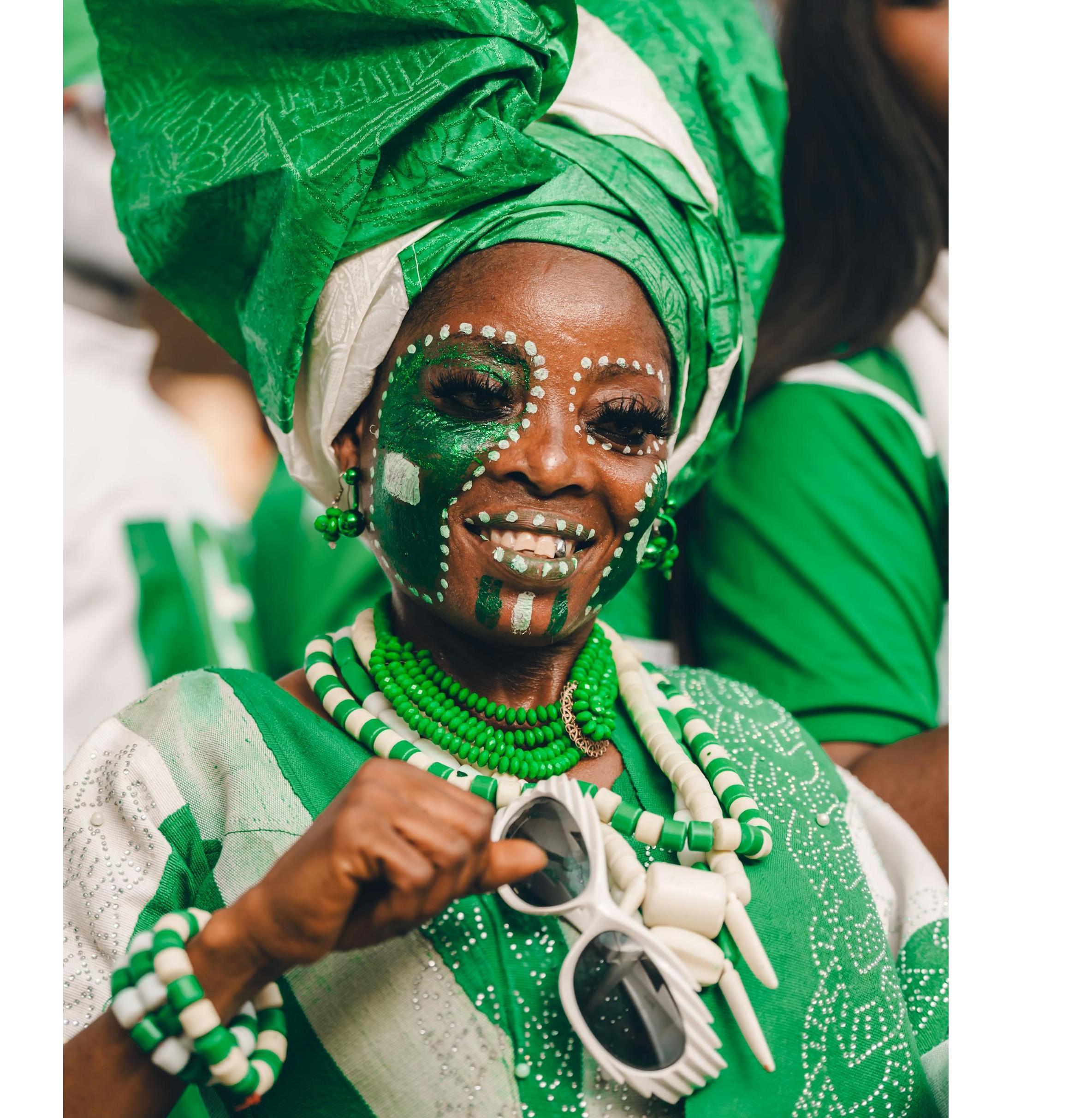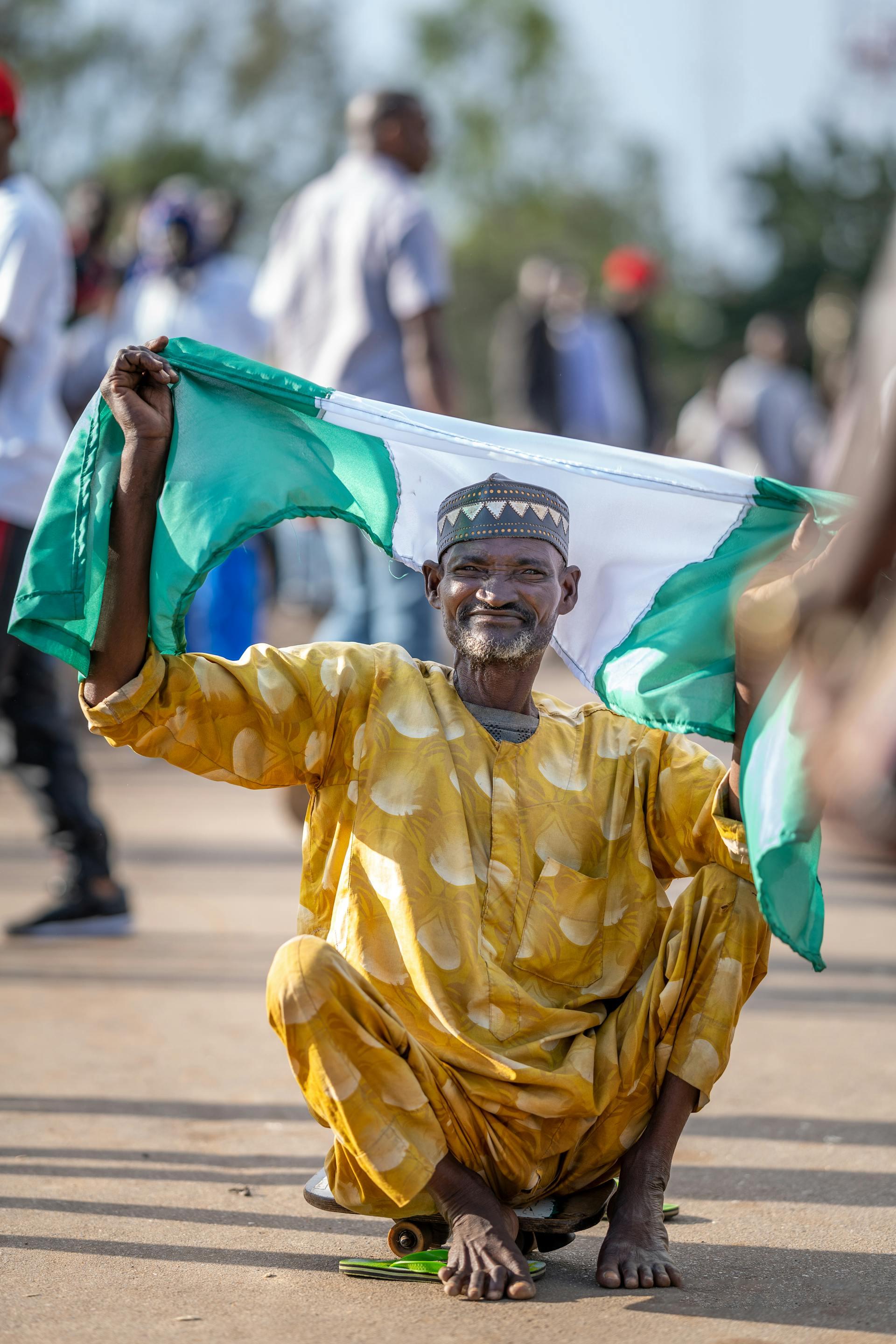Lagos, 6:42 a.m. — The air reeks of diesel and street-fried akara, while the national anthem hums from a roadside speaker like a mosquito that forgot how to inspire. On a cracked pavement outside St. Catherine’s Primary School, 12-year-old Mofe adjusts his too-short uniform trousers and recites: “I pledge to Nigeria my country…” He delivers the words with robotic precision—because that’s what he’s been taught. But believe them? No. Not really.
And who can blame him?

In a nation where patriotism is treated like an Independence Day costume—worn once, then mothballed—children like Mofe inherit a corrosive paradox: Nigeria is the enemy. Nigeria is hopeless. Nigeria is not worth saving. Yet somehow, Nigeria is still supposed to be home.
We must ask: Who taught them that? And more damningly—why did we stop fighting the lie?
Where Preachers Fail, the Pulpit Becomes a Pyre
Let us speak plainly. Nigerian patriotism is on life support, and too many religious leaders are holding the pillow.

On any given Sunday, in churches with air-conditioned pews and polished floors, sermons devolve into political carnivals. “This country is cursed!” bellows one pastor. “God will destroy this wicked land!” chants another. In mosques nationwide, the refrain is echoed differently but no less damning: We have failed. We are doomed. We are lost.
No, sir. You are lost.
This is not prophecy—it is negligence dressed in a cassock. Spiritual malpractice. An abdication of duty on a national scale. These voices, laced with divine authority, forget an unshakeable truth: the nation you curse is the very soil your congregation must rise from. A flawed country is not a condemned one. If the house burns, you douse the fire—you don’t pour petrol from the pulpit.
Patriotism Is Not Praise-Singing—It’s Uncomfortable Truth
Let’s be clear: loving Nigeria doesn’t mean pretending our leaders haven’t failed us. They have. Spectacularly. From electricity to educatio
n, healthcare to human dignity—the ledger bleeds red. But criticising government is not the same as condemning a nation.
Ask Adaobi, 35, a teacher in Makurdi unpaid for seven months. She runs free night classes under solar lamps powered by a borrowed battery from a roadside vulcaniser. “If I wait for Nigeria to work,” she says, her voice frayed but defiant, “my students will grow old before they grow wise.”
That—right there—is patriotism. Not hashtags or hollow pledges. It’s sweat. Grit. Pushing the rock uphill even as those at the top sell the hill for scrap.
The Home We Spit On

There’s a reason “there’s no place like home” still lodges in the throat of every Nigerian abroad. Because no matter how broken, chaotic, or maddening this place is—something in us still aches for it to be better.
And that ache must be weaponised.
We must stop being a nation of armchair arsonists—torching our future from the comfort of cynicism. Nigeria is not a perfect child—but since when did imperfect children deserve exile over empathy? You don’t curse your child for stumbling—you guide them. Correct them. Fight for them. You don’t write off a nation because the headlines curdle your hope. You write into it—with action, advocacy, outrage, and an ironclad insistence on better.
Reclaiming the Pulpit, Rewriting the Prayer
To every imam, pastor, and cleric: your megaphone shapes destinies. Use it wisely. Infuse sermons with patriotism, not pity. Preach accountability? Yes. Condemn corruption? Absolutely. But never teach your flock to hate their homeland.
Build pride. Teach responsibility. Defend truth. And guide your people to light candles—not throw stones.
The Final Word
This isn’t just a call to arms—it’s a call to heart.
Nigeria will not save itself. It will be saved by people like Mofe, reciting pledges he doesn’t yet understand. By Adaobi, teaching in the dark. By you—if you choose to build, speak, fight, or stay.
And if you pray for Nigeria? Pray not as one who’s surrendered, but as one who knows they’re part of the answer.
This land is flawed, yes. But it is ours.
And that alone makes it worth everything.















